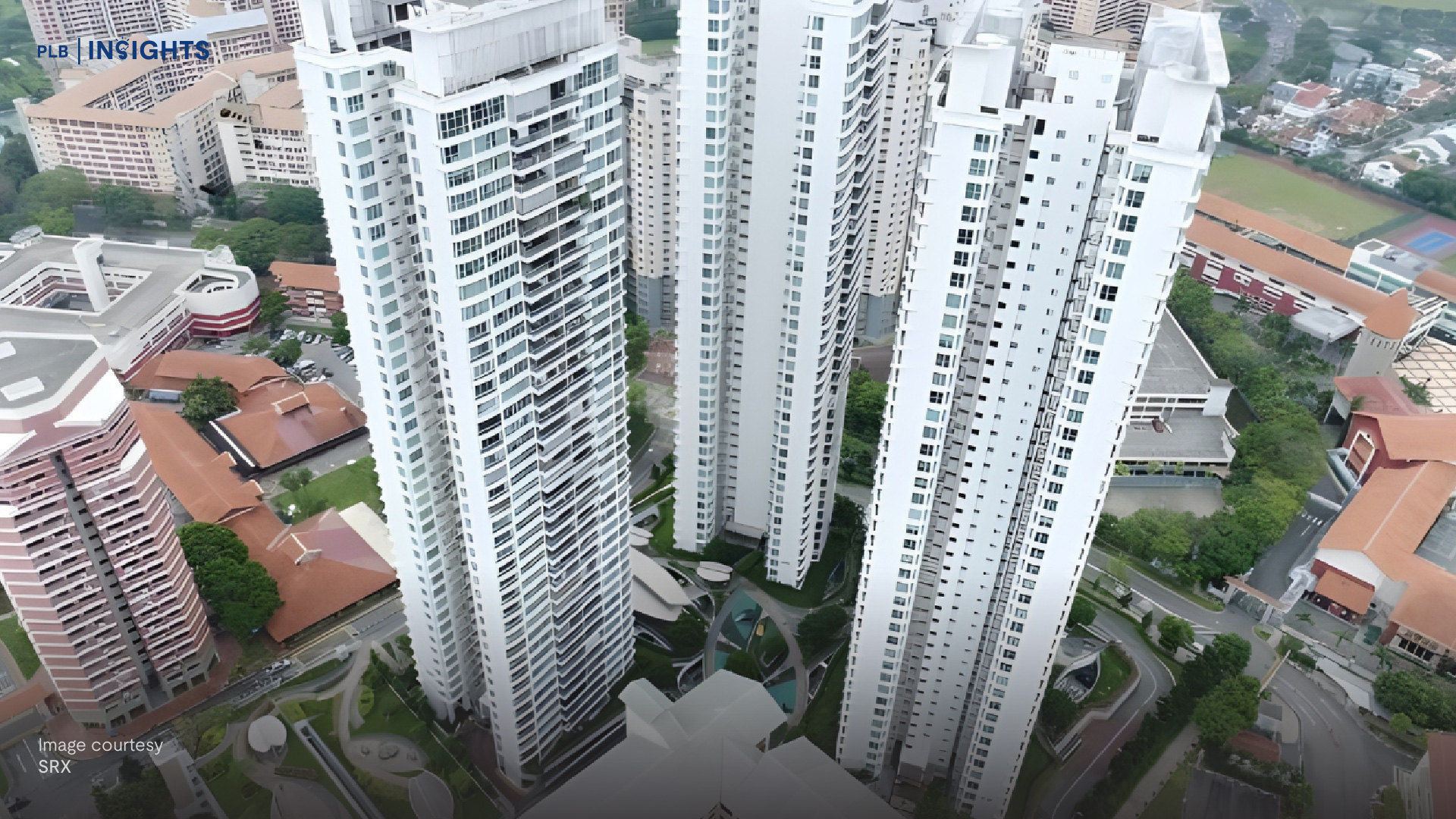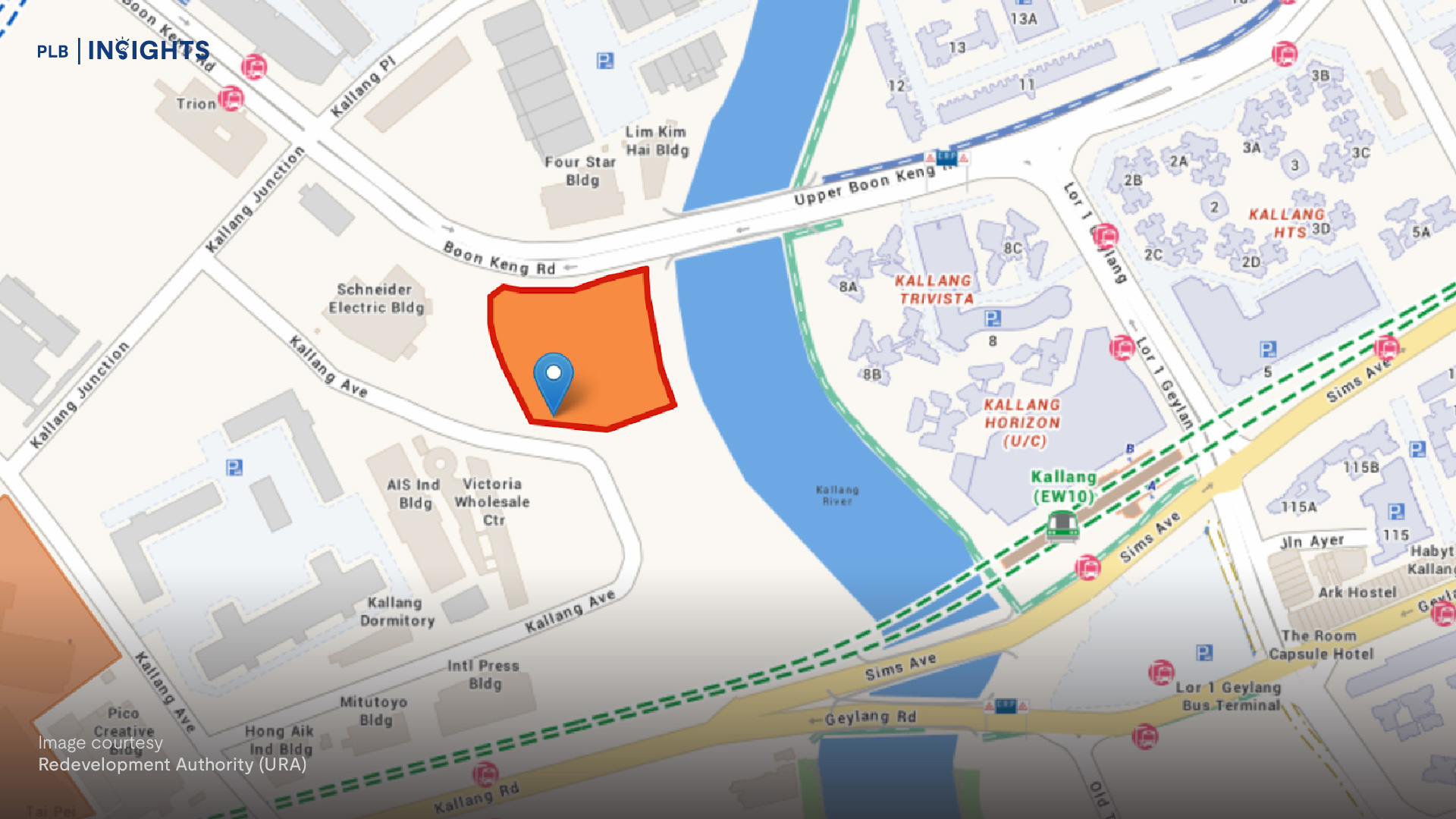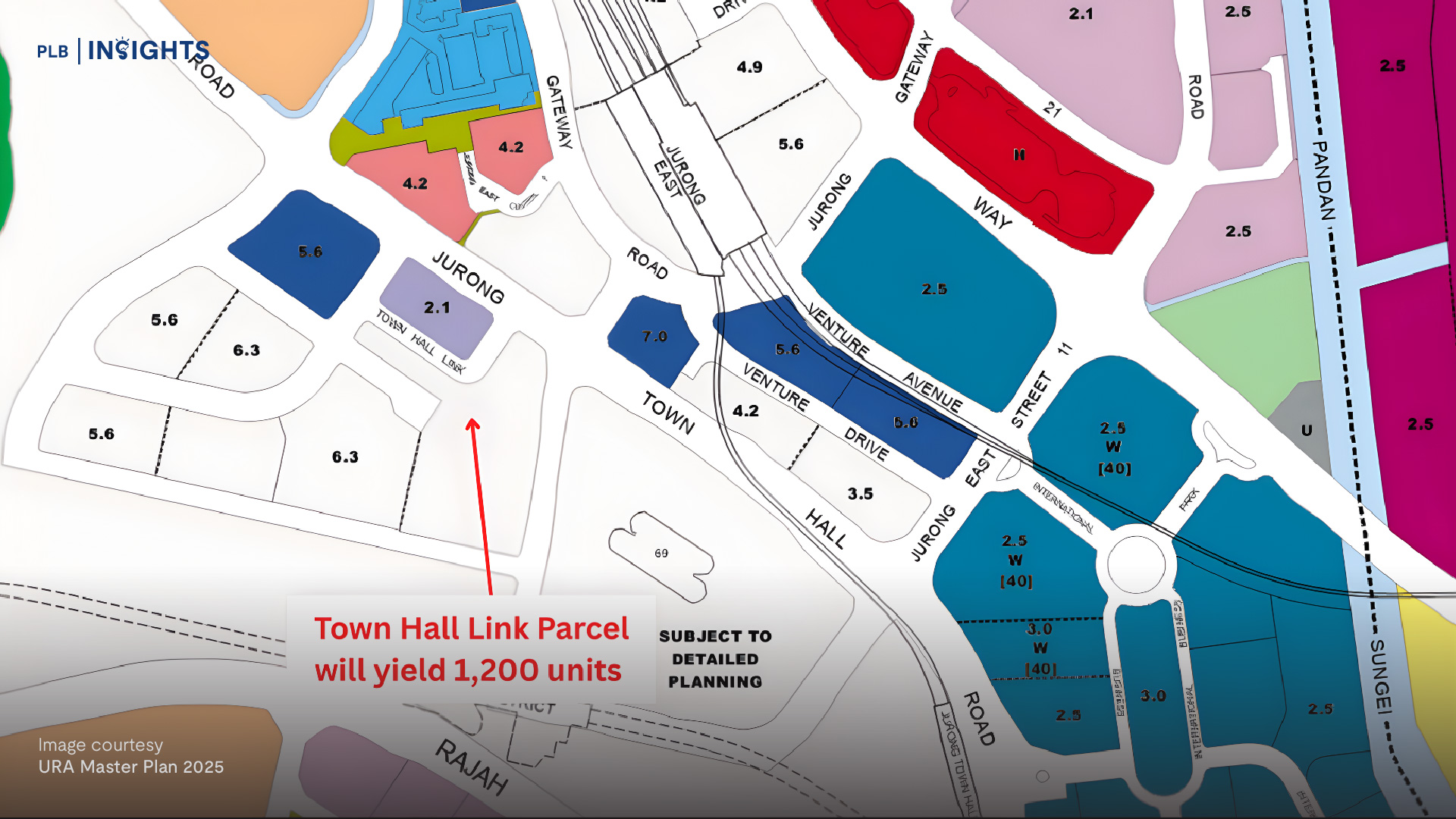
The real estate industry is often portrayed as one full of glitz and glamour—a popular fallback career for extroverts seeking a mid-career switch, hopeful graduates and anyone in between. Viewed as a lucrative career with a low barrier, the allure of the realtor industry remains strong despite concerns about an oversupply of property agents.
As someone who is exempted from taking the Real Estate Salesperson (RES) course and its notoriously challenging exam, this article offers a unique perspective on the industry as a whole. We will discuss the routes to becoming a registered salesperson and the nuances of the job.
By the end of this article, we hope you will gain a better understanding of the roles and responsibilities involved, ultimately helping you decide whether this career is right for you.
Who Can Be a Realtor in Singapore?
To become a real estate agent in Singapore, candidates must fulfil the following criteria:
- Be above 21 years old,
- Have a minimum of 4 GCE ‘O’ Level passes or equivalent,
- Possess a pass in the RES exam or equivalent, and
- Register with the Council for Estate Agencies (CEA) through a licensed Estate Agent
Those who hold a moneylender’s licence or are in arrears with the Central Provident Fund (CPF) Board for MediSave contribution will be unable to register as an agent. Additional documents will be required for Singapore Permanent Residents and foreigners applicants. Importantly, candidates must fulfil the additional fit and proper criteria under the Estate Agents Act.
How Easy Is It To Become A Realtor?
Established as a statutory board under the Ministry of National Development, the Council for Estate Agencies (CEA) oversees the real estate agency industry. To briefly summarise the steps to becoming a registered salesperson, individuals who wish to join the industry as a realtor must complete a RES course, pass the industry exam and apply for a licence with CEA.

Note that having a Real Estate Salesperson (RES) licence should not be confused with having an Estate Agent (REA) licence. While both are licensed professionals in the industry, their scopes of practice differ. An REA licence requires more experience and training. Typically, REAs serve as team leaders or mentors for RES professionals.
1. Completing the RES Course
Firstly, potential candidates need to attend and complete the course with any CEA approved course provider. The syllabus taught remains consistent with any course provider. However, what differs from each one is the cost, duration, and intensity of course offered.
Singapore citizens aged 25 and above may claim up to $500 from their SkillsFuture account for their course funding, and up to 50% funding (capped at $250) for existing NTUC union members.
Upon course completion, candidates will be eligible to take their RES exam for the next two years. Extensions are not granted, so applicants must pass the exam within this period to avoid incurring additional course fees and having to retake the course.

If you feel overwhelmed by the amount of content covered in the course, you are not alone. Many candidates find support through a Telegram group chat aptly named ‘SG RES Exam Support Group,’ which serves as an educational space for exam takers.
Given the variety of courses available from different providers, it is important to research and find one that best suits your needs and capacity. For instance, some providers offer intensive crash courses that last days, while others spread the course over many weeks. Additionally, finding peers and forming study groups can help you stay motivated and accountable.
2. Passing the RES Examination
If obtaining a licence was a track event, the Real Estate Salesperson (RES) exam would be the biggest hurdle that many struggle to jump over. Do not underestimate the multiple-choice nature of the papers.
The exam is known to be notoriously difficult with only a minority passing on the first attempt. The rigour of the paper is also a testament of CEA’s commitment to upholding professionalism in the industry.
Typically this exam takes place three times annually in March, July, and November. The latest exams follow the 2017 syllabus and the new format, with Paper 1 covering competency units 1 and 2, and Paper 2 covering competency units 3 and 4. As of March 2023, the 10-part short answer component of the papers have been removed with the updated MCQ allocation as such:

Results for the test are typically released within four to six weeks after the exam. Candidates who fail either paper may retake the respective paper under a modular sitting.
Those who continue to fail either paper after the two-year mark from course completion must retake the entire RES course and both papers, regardless of any previous pass attempts. The high cost reflects the high stakes many feel when taking the exams, and this fear of failure often acts as a mental barrier for test-takers. However, when considering the long-term perspective, the capital ‘lost’ on the tests will seem small compared to the potential gains from this investment.
To pass the exam, it is essential to master the three levels of understanding it assesses. First, it involves remembering terminologies and concepts taught. Second, it requires identifying and explaining a term or concept in a specific case study. Finally, it tests your ability to apply knowledge in practical situations. Achieving proficiency in these areas will definitely aid in passing the exam.

Exemptions
On a side note, you may recall that I mentioned being exempt from both the course and the exam. How does that work? According to the Estate Agents (Licensing and Registration) Regulations 2010, certain academic qualifications are deemed equivalent to a pass in the RES examination.
The Bachelor of Science (Real Estate) course offered by the National University of Singapore (NUS) and the Diploma in Real Estate Business course offered by Ngee Ann Polytechnic (NP) currently provide students with the opportunity to receive partial exemptions from one RES examination paper and one REA examination paper if they enrolled on or after 1 April 2020. These students will still need to take RES examination Paper 2.
Existing students enrolled in these courses before 1 April 2020, as well as past graduates, will not be affected by the changes to the Regulations. They will continue to receive full exemptions upon completion of their qualifications. In short, these students and graduates can skip straight to applying for a license.
3. Applying For a License
Upon passing the exams, candidates will have two years to activate their licence by joining a real estate agency. According to CEA, there are over a thousand property agencies of various sizes. The estate agent will then aid in the registration of the salesperson licence with CEA.
Finding an agency is much more than just a gateway into the industry. It is about finding the best fit for yourself. Oftentimes, bigger agencies do not necessarily equate to being the best ones. Each agency has its own unique culture and offers different levels of support to their agents.
From group cohesion to getaways, having a strong support group will set yourself for success. Most importantly, finding the right mentor who will nurture and set the precedent will greatly affect your journey in the industry.
With that being said, the general capital involved in the above process is as follows:

Note that other miscellaneous fees such as photo taking for the agent card is not included in the above due to the wide range of prices. Aside from the initial capital, one needs to consider the operational cost of being a realtor. The biggest operational costs are the marketing and transportation costs respectively.
In terms of marketing, effort and capital will be needed to brand yourself and to gain leads. An example for this is through pamphlets or publishing listings on property portals. Standing out in this competitive market is tough.
Depending on whether you are working with showroom flats or resale, expect to spend a sizable amount of time and money on transportation. To avoid incurring high costs, consider strategically planning future viewings based on their location. When signing with an agency, do remember to compare the commission split as the rate differs from agency to agency.
While many recognise the flexibility of being self-employed, many often overlook the independence of it all. It will be your responsibility to ensure you have sufficient insurance coverage and that you are regularly contributing to your CPF account.
Congratulations on reading this far! We have touched on the beginnings of your potential journey. In the next section, I will share my considerations for activating my real estate licence, even though I can do so at any time.
Considerations When Applying For A License
Since graduating from the Diploma in Real Estate Business course offered by NP, I have seen my peers activate their licences and become practitioners in the field. Amongst my peers, the RES exam exceptions were not a primary motivation for joining the course but it acts as a nice bonus certification when completing the diploma.
Many people mistake real estate to mean brokerage or agency business but the industry is much more than that! As real estate students, we are exposed to the many niches of real estate from urban planning to REITs (Real Estate Investment Trusts).
I would categorise my fellow course graduates into these two main categories; those who sought full-time employment after graduation and those who continued their education at university.
Among those who sought full-time employment, the majority have activated their licences and are now full-time real estate agents. For those pursuing further education, some have activated their licences to do real estate part-time, while others are focusing solely on their studies. The sentiment seems to be using the option as a side hustle or a way to explore the career since the opportunity is available.
I fall into the latter category where I am a full-time undergraduate studying Real Estate. The decision not to activate my licence primarily lies in my personal goal where I would like to explore careers out there before committing to one. After all, there is no need for me to study real estate for seven years if my goal is to become a real estate agent. The years of education will surely benefit my clients if I were to be a realtor or choose to be in another niche of the industry!
Besides weighing the effort and capital required to become a realtor, your personal goals will play a crucial role in determining if this career path aligns with your aspirations. The level of effort dedicated to each client’s property directly impacts your monthly income after all.
For newly minted agents, there is a steep learning curve to navigate. Now, let us delve into what it takes to thrive in the industry for the long haul.

In a previous article, we share five attributes all great realtors should have. From humility to courage, these attributes are showcased through the many experiences of Team PLB.
Take for example Alfred Cheong’s tenacity in selling a property with limited living space. After tirelessly arranging over forty viewings in a six-month period, he gathered feedback from viewers who did not make offers. Using their common dislikes, he suggested innovative solutions to better position the property. Through resilience and collaboration, he managed to secure a buyer for the unit.
This career should not be seen as an easy way to earn big bucks, because it is not. At the heart of the service is a passion for serving clients. From a macro perspective, clients are entrusting realtors with their life savings.
Closing Thoughts
Over the years, the real estate industry has greatly evolved alongside the booming internet age. As Singapore’s first media and technology-driven Real Estate agency run concurrently by two engines— a full-fledged media team and sales team, PropertyLimBrothers breaks away from the conventional brokerage model.
In case you have not heard, PLB Realty is a boutique real estate agency looking for both new and experienced realtors to join the team. If I ever activate my licence, I would join the realty in a heartbeat. From my time with the media team to the interactions with the sales team, everyone is welcoming and passionate about all things real estate.
Whether you are a current real estate agent or planning to take the RES course/ exams, PropetyLimBrothers is here to support and guide you into a new chapter. Register your interest to join our team today. Till next time!







